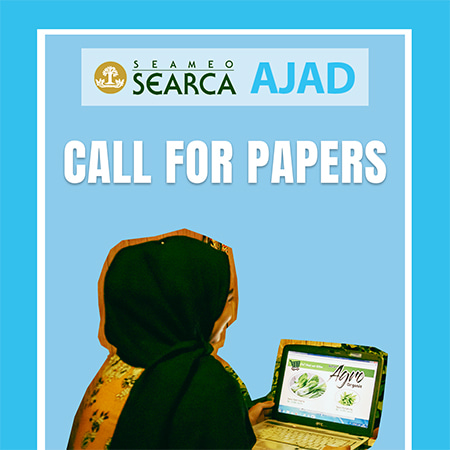- Paperback 1908-6164
- e-ISSN 2599-3895
Indigenous and traditional edible plant species, usually referred to as indigenous food plants (IFPs), are disappearing at an alarming rate, posing serious threats to food security and agricultural production especially in areas that depend on them for food and livelihood.
This study was undertaken to document the indigenous food plants (IFPs) of seven upland and remote municipalities of Ilocos Norte province, Philippines. It generated information on the IFP’s identity and taxonomic nomenclature, socioeconomic importance, ethnobotany, and geographic location.
A total of 46 IFPs representing 27 plant families were identified. Most of them were wild species; the others were landraces or native varieties of cultivated crops. The identified IFPs are important plant genetic resources contributing to food sufficiency, nutrition, and household income supplements in the study sites. Ethnobotanical data indicate that the plants have become an integral part of the people’s daily diet, adapting to a wide range of geomorphic and soil conditions.
Recognizing the benefits of these IFPs, the upland communities conserve them through in situ1 conservation and conservation by use. Additionally, the Mariano Marcos State University (MMSU) collected available germplasm and maintains them as living plants and seeds.
To prevent further genetic erosion and consequently protect the IFPs from extinction, collaborative efforts and interventions among various stakeholders should be instituted and strengthened.


